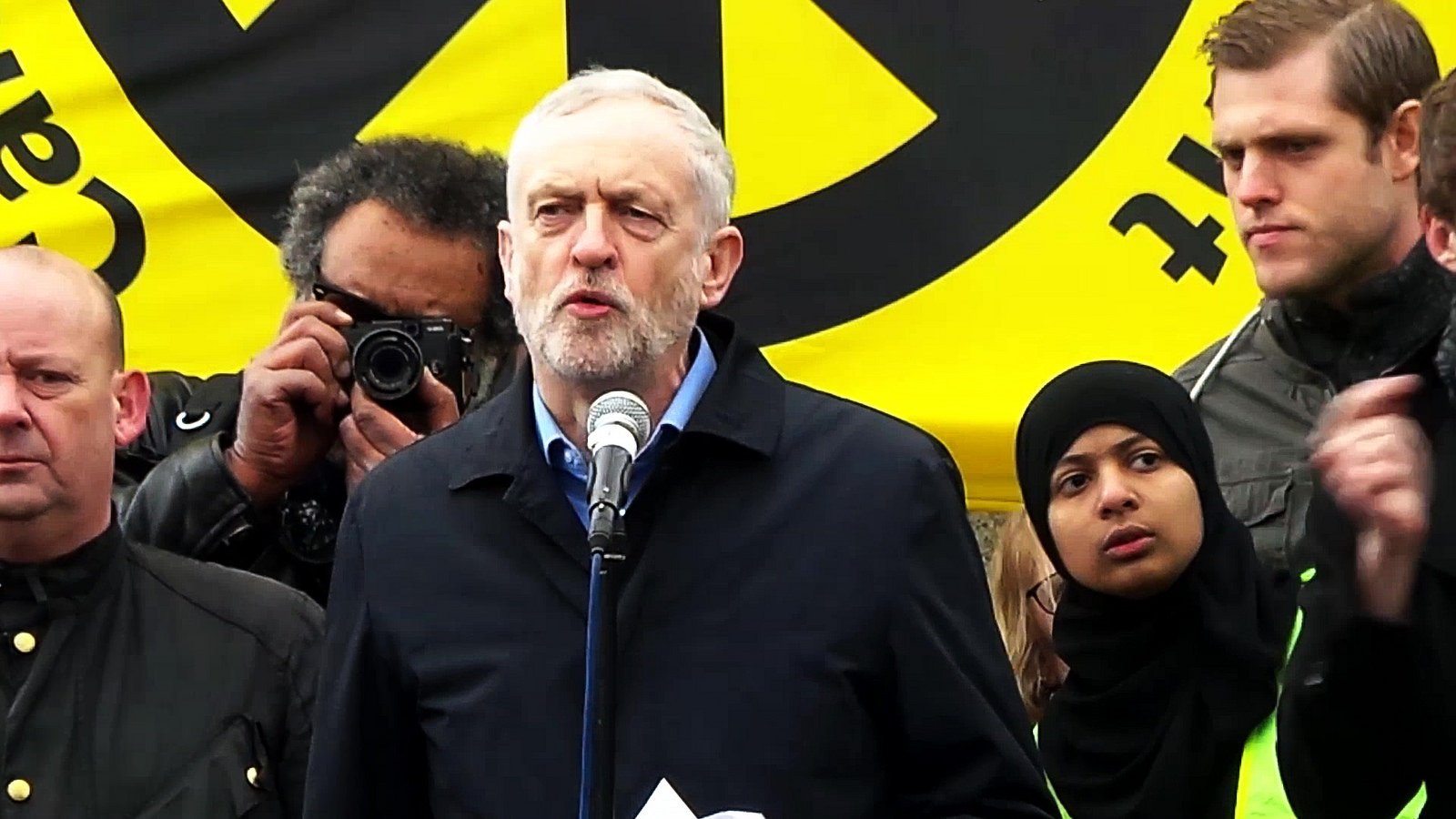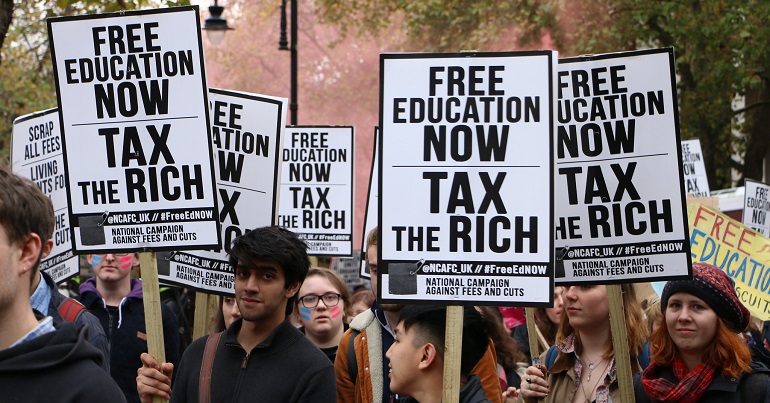A 21st century socialism? ‘Rise’ book review

The ‘youthquake’ may be considered debunked in some quarters, but not in Liam Young’s optimistic, passionate and unapologetic defense of the Corbyn project. The central argument of his new book ‘Rise’, one he has maintained despite challenges from academics and pundits alike, is that the young in Britain have been inspired by Corbyn to begin to embrace a fresh form of socialism, playing a significant part in Labour’s better than expected result last June too.
Young weaves the narrative of a generation betrayed and ignored by the established political class. This is, of course, part of a wider disparagement of youth opinion and culture, of historic ‘apathy’ narratives around youth engagement and most evident in young people bearing the brunt of austerity politics, from the removal of EMA and housing benefits for young people, the closure of many youth centres and the tripling of university tuition fees. For Young, what happened last June is simple: this generation had had enough and decided to ‘Rise’ up.
There is, of course, something a bit odd about a generation that has felt neglected and unrepresented by politicians for years choosing a 68-year old as their champion. Young has a number of explanations for this. He focuses on Corbyn’s natural affinity with campaigning and speaking to ordinary people, sharply contrasted with Theresa ‘Maybot’ (and her disastrous decision to not engage in the leaders debates), the ‘organic’ and ‘grassroots’ nature of the Labour social media campaign that was reaching far more voters, but also Corbyn’s deliberate efforts to listen to and reach out to young people. However, whilst recognising how people genuinely like Corbyn and his style of politics, Young argues it was his policies, radically different to anything else offered by a mainstream party in recent years, that ultimately won over young people, despite fears of the ‘Corbyn cult’.
The ‘youthquake’ should not be reduced to simple voter turnout – as I have written elsewhere there is genuinely something very exciting happening with youth political engagement, and therefore many of the criticisms of Young’s argument miss the mark. However, where Young does talk about it specifically in terms of a greater turnout of 18-24 year olds helping drive Labour’s election result, he might be on shakier ground. Whilst his arguments are not without merit, the evidence and arguments in the Prosser et al analysis of the British Election Study (certainly not without its flaws either) does present at least a question mark over the claim specifically of a large increase in 18-24 year old turnout. If ‘Rise’ had been written 6 months later, it might contain more nuance in this area than it does, considering the dynamics of different age brackets (the BES does show an increase for 25-30 year olds, and a large swing to Labour for all younger groups) and the idea of the youthquake beyond its immediate electoral impact more.
The second part of ‘Rise’ gives a sense of a two-fold crisis: a crisis in capitalism’s ability to deliver, (this being most keenly felt by the young) and as a result, a crisis in youth support for the ideology’s most vigorous and vicious proponents… the Conservatives. Issues such as climate change, mental health, the housing crisis facing ‘Generation Rent’, wages (stagnation, zero-hours and age-disparity) and Brexit all feature prominently, with Young arguing that Labour are offering a far better deal on these issues to young people than the Conservatives are. Contrary to the claims of Labour ‘bribing’ the young with tuition fee pledges, he demonstrates that young people are concerned with many of the issues the rest of the population are too (although throughout the lack of proper referencing is very frustrating for those wanting to dig deeper into the data).
If this is the start of a long-term reengagement with mainstream politics amongst young people, and specifically a preference for socialist policy, the Conservative Party are entering an existential crisis, and as Young points out in his book, have betrayed little sign of being able to properly respond to this. He details how the Tories have bumbled from the inept to the embarrassing in attempting to entice young people since last June, from failed Momentum-esque youth movements to uninspiring policy suggestions, often written in language ranging from the bizarre to the patronising.
Young recognises that the Corbyn project is far from complete, arguing for the need to maintain and expand upon the ‘youthquake’. His suggestions for Labour going forward, as well as going further in some policy areas, include lowering the voting age, automatic voter registration and better youth representation, to name a few. His most insightful contribution here is perhaps in the area of local party engagement, switching a focus that often lays the blame with young people to one that instead asks how local parties can become more accessible, engaging and exciting.
The challenges are, however, perhaps, slightly larger than Young indicates in his book. Many of his proposals are desirable (if moderate), but he fails to consider broader social and political changes brought about by neoliberal politics, how they have shaped and moulded our generation’s understanding of change and collective action, and how we might go about organising (and challenging) within that context. Distrust of traditional political institutions is deeply rooted, and to some extent more individualistic and even market-based forms of engagement have taken the place of collective organisations like trade unions and political parties. Whilst the Corbyn project and the reforms proposed by Young may well help combat these issues, it is likely to be a challenging process.
In the end though, Young’s optimistic tone feels right for the time – political change feels more likely now than at any other point in my lifetime. Corbyn, whilst not yet in Downing Street, has gone much further than many of his critics and indeed many of his supporters ever dreamed. Something genuinely exciting is happening with youth engagement across the country, providing a fertile ground for radical, socialist politics. The question now, and not just an academic one, but an urgent, active one… is how much further the movement can Rise?
Disclosure: Bradley Allsop is a Labour Party activist and knows Liam Young, the author of ‘Rise’, in a personal capacity.



Leave a Reply